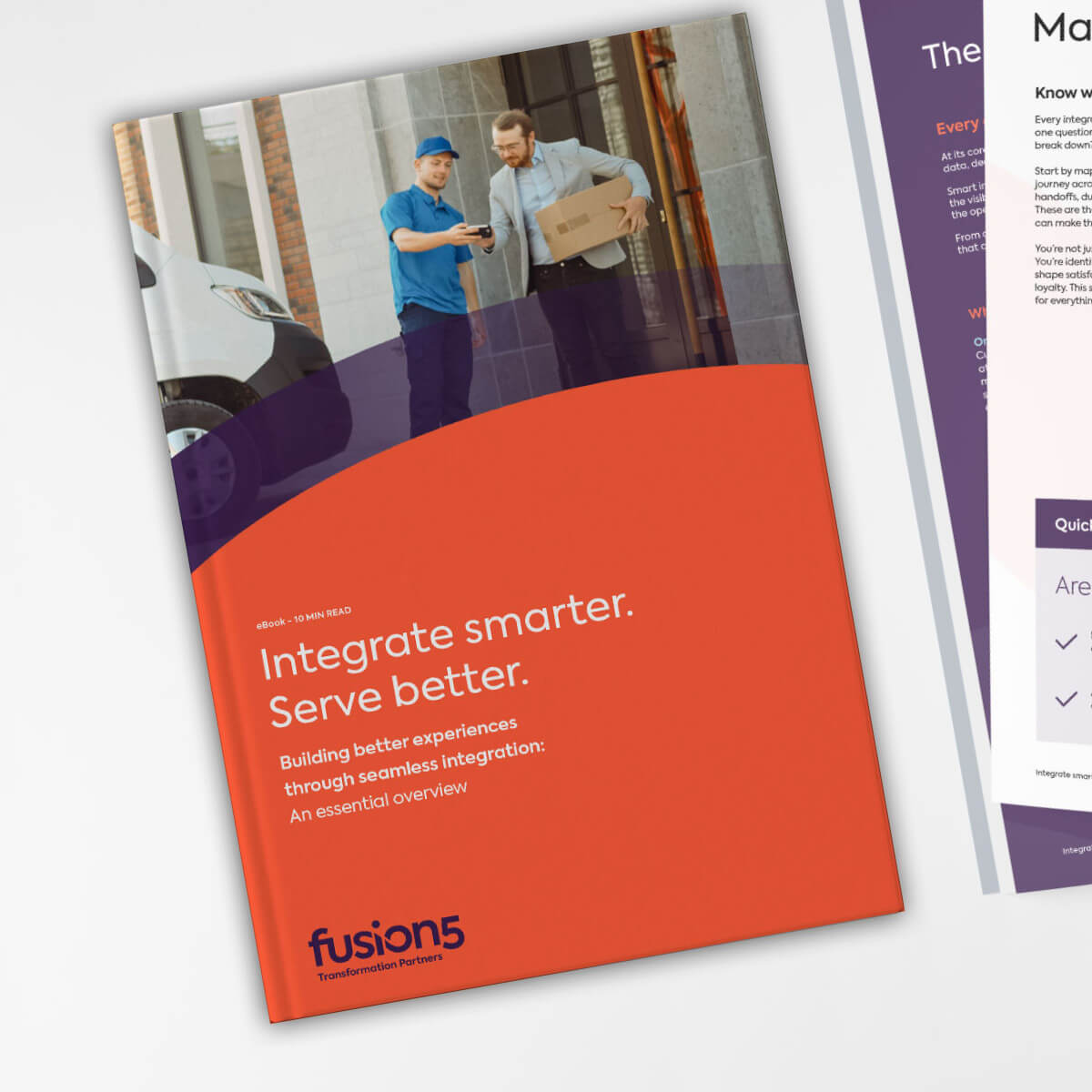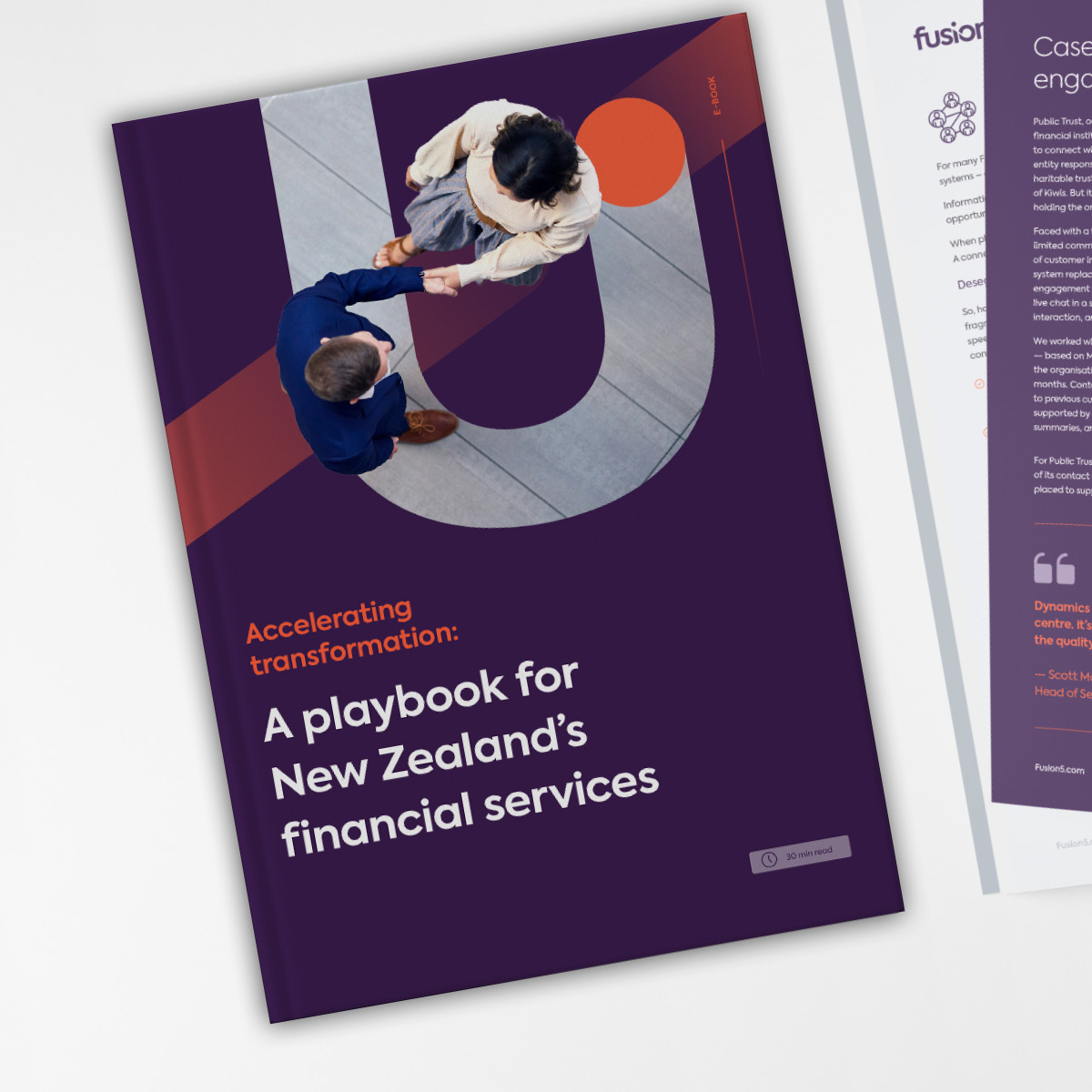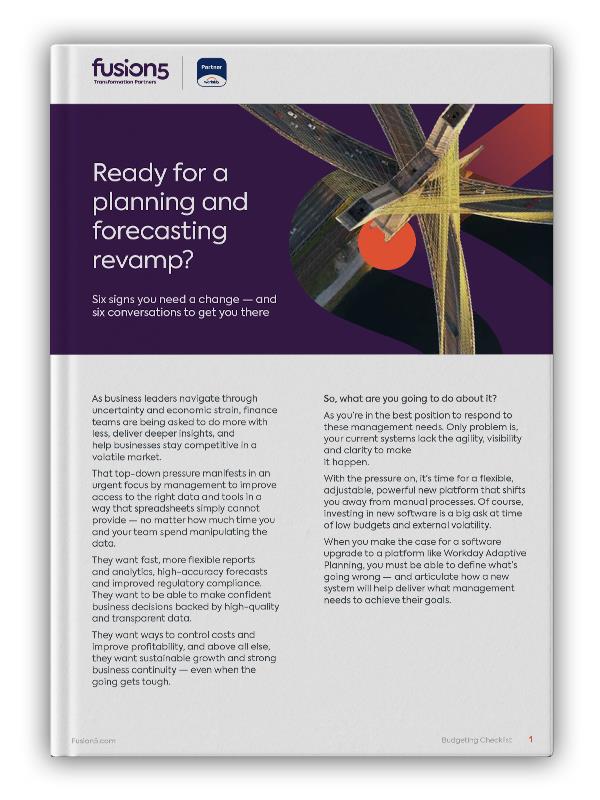By Kristy Brown (CEO - New Zealand)
To put it bluntly, the writing is on the wall for your business or organisation if you’re not:
-
Already using AI-enabled CRM, or
-
Adopting it in the very near future
Earlier this year, I shared my prediction that if you’re not already gearing up to leverage the power of AI in 2025, you’re already falling behind your competitors. And six months into the year, I stand behind that statement.
Those businesses that have embraced AI-enabled CRM are making their mark with significantly improved service and operations. Alongside these recent AI adopters are the disruptive new players in the market. They’re digital natives who have intuitively adopted AI-enhanced software (from CRM to HR, marketing, operations, and finance) as standard. To them, the business value of AI is a given; it’s as essential as having a website or using cloud technology.
Traditional CRM – and why it’s not going to get you ahead of the game
Core CRM implementations have, up until now, involved us setting up numerous forms to capture data, including contact details, sales, problems, and feedback, which may or may not trigger a workflow.
The problem with traditional CRM is that its functionality is reactive. For example, a customer submits a complaint via a web form or through your support centre. But what next? Based on the information you’ve been tracking in the CRM, how can you effectively segment the customer’s issue to deliver them both a tailored message and a speedy resolution?
Today’s digitally savvy customers expect more. They anticipate (almost) immediate delivery, fully trackable orders, and applications, requests or claims that are accessed within minutes, not days or weeks.
What was considered ‘acceptable’ five years ago now feels like an archaic level of service. And if you’re not matching the performance of your competitors, your customer will hold it against you and move on.
Life’s better with Agentic AI – some real-life examples
Let’s look at an example of the difference a customer-facing solution with Agentic AI makes. In just three months, we implemented Dynamics 365 Contact Centre with its generative AI capabilities for Public Trust, New Zealand's largest provider of wills and estate administration services. The result?
-
Significantly faster call handling, reducing average times across the board
-
Clear uplift in customer sentiment and experience
-
Cut call recording search time from 20 minutes to just seconds
-
Slashed IVR change turnaround from weeks to less than a day
Another example is that of a local government organisation, which turned to us to improve their customer service. The task of routing their cases to the right humans required two full-time employees. Now, it’s done (accurately and efficiently) in moments using AI, and the organisation has regained the services of those two employees to add value through other value-adding constituent-facing activities.
The world of Agentic AI – and AI in general – has significantly changed the goalposts when it comes to CRM; moreover, it has also dramatically shifted the expectations of how customers expect to be serviced.
Changing up the sales conversation
One of the most disruptive areas to think about in the world of AI and CRM is your sales process. In April of this year, Microsoft released two incredible autonomous workloads that impact the way we sell. The first is a qualification agent, and the other, a sales research agent.
The qualification agent enables your CRM to autonomously review your sales data and qualify the leads that you have (from whatever source). So, there’s no longer any need to add to your BDRs’ workload by expecting them to go through your leads and rank them according to where they fall in the sales funnel.
The sales research agent is designed for those tasked with responding to bids. This agent can apply deep reasoning to its responses, and defaults to the most complex responses first, then sanity tests its own answer.
Both of these agents demonstrate how AI will transform a traditional sales approach into a smarter, faster, and more effective process. And if you’re not adopting them, you’re going to quickly be outbid by your competitors if they are working with these autonomous tools.
The lesson is clear:
AI and CRM are no longer separate disciplines; together, they are the operating system of modern business. Delay adoption and you invite irrelevance. Embrace it now and you’ll not only survive - but you’ll also set the pace everyone else must follow.

















